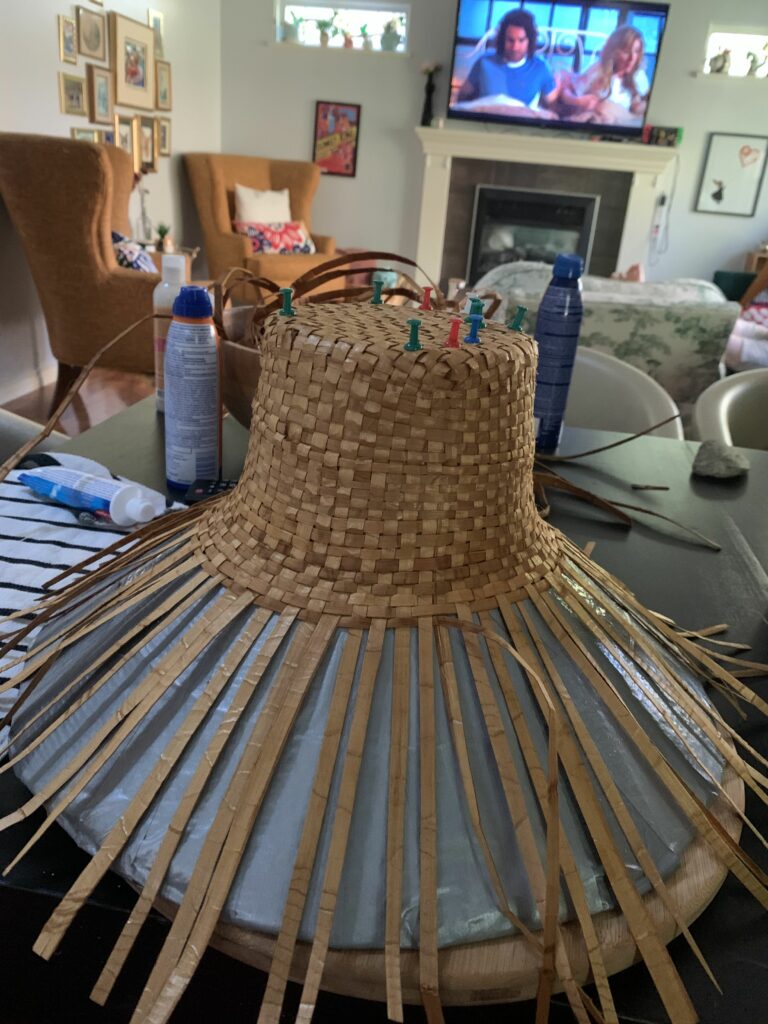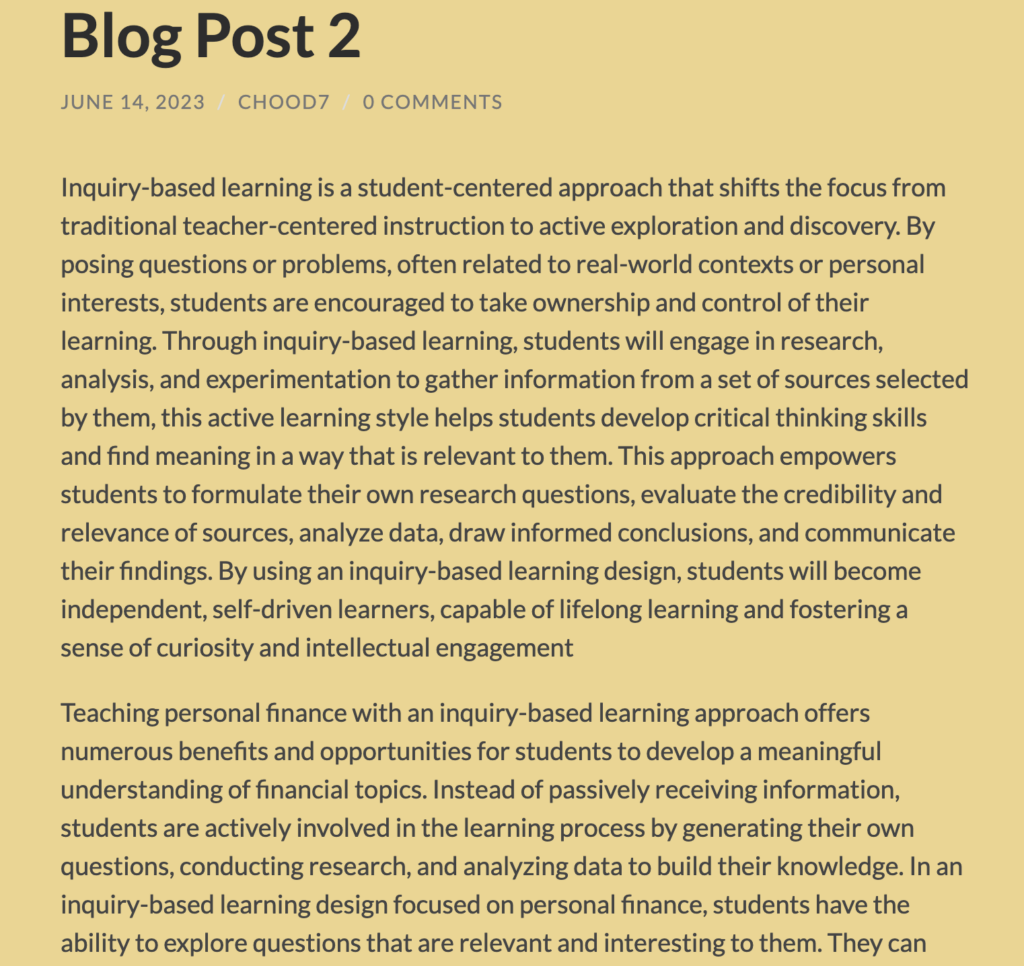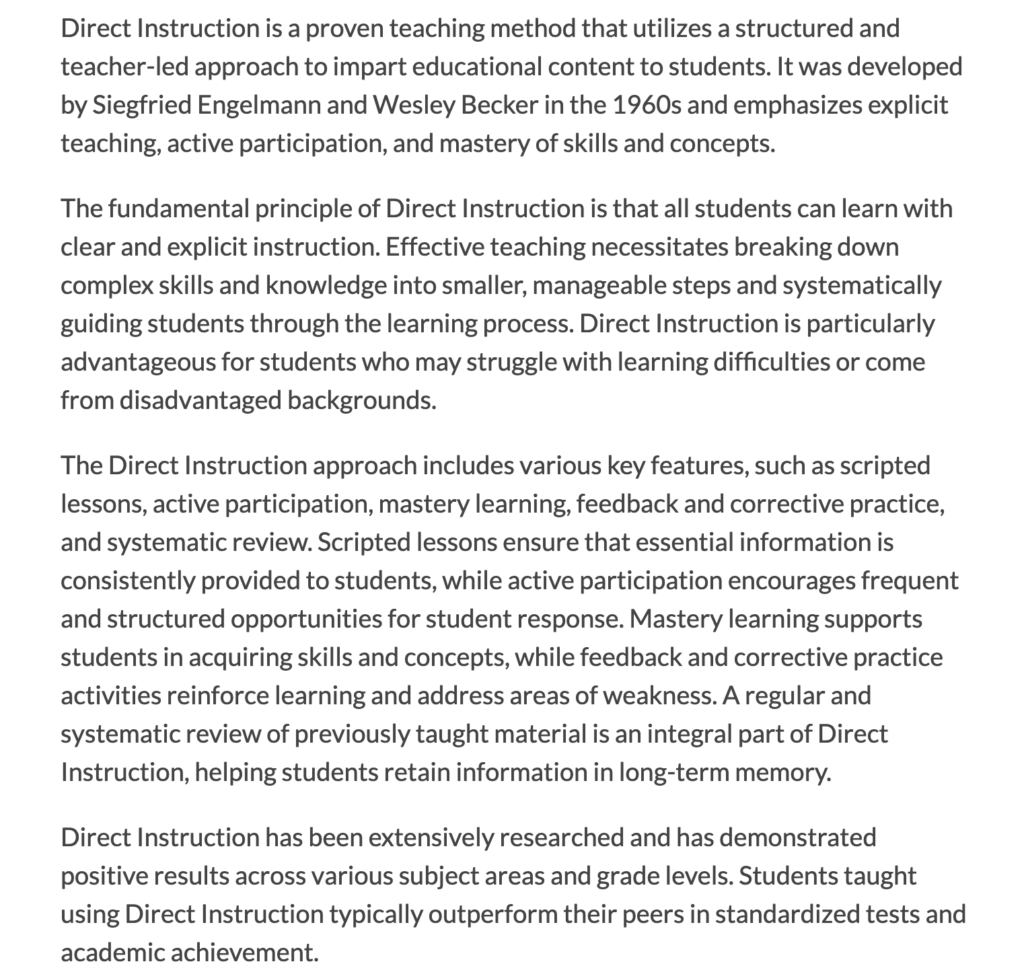My name is Gracen Monet Dickey and I am Ts’kw’aylaxw Fist Nations part of the larger St’at’imc Tribe. My family originated from the Mount Currie area along the Fraser River in a small town called Lillooet.

Cultural learning and the passing of information in my family have been facilitated through storytelling and experiential learning. I remember at the age of 6 my Dad had cooked salmon for dinner a staple in our household. We had caught the fish weeks prior and my 6-year-old brain was having a hard time computing how exactly it got to this stage. Well, that weekend I ended up hands-deep into a salmon learning how to fillet and clean it. Learning what to do with its bones, how to cook each piece, and the importance of this fish to our culture. There was no sugar coating, just real honest answers, and lifelong skills passed through experiential teaching.

Teaching has always been passed through the guidance of our elders, the creating process, and trial and error. I am a part of the ANSWER 2 Drum Group and anytime we learn a new song we listen, we start to drum, and we join in as we go. When I learned to cedar weave I watched, I joined in, I was guided by the cedar, taught by my mistakes, and rewarded with my product. My people and the people of Turtle Island have followed this model dating back thousands of years.




I highlight the interconnectedness of experiential learning and Indigenous ways of knowing and being to showcase the long history of this process. Experiencing something firsthand allows a student to know what is being done, how to do it, and why we do it. Creating a deeper connection to the learning, and a new skill.

Chloe, inquiry-based learning is a wonderful way to engage your students and build relationships. Teaching students the process of research, planning, advocating, analyzing, presenting, etc. Follows Bloom’s taxonomy to the highest order. It allows the student voice to be at the center of the classroom and supports students through a process they will endure for the rest of their lives. Being able to facilitate inquiry-based learning can be a challenge depending on the grade as I myself teach kindergarten/grade 1. There is a wonderful image I will share that contextualizes the process of raising an inquiry-based learner and facilitating a successful inquiry environment. This year I had my class choose a topic they wanted to learn more about. Together as a class, we chose the topic of animals. Each student chose an animal and we worked together 1-1 to research, draw, and reflect on their animal. In the end, each student got to pick an animal, and learn what they eat, drink, where they live, what they look like, etc. Then we shared our findings together. It was their first experience on their way to becoming inquirers throughout their educational journeys.

Nikhil, Direct Instruction is a tale as old as time. While many modern educators renounce this model there is still a place for it, especially in a kindergarten classroom such as my own. For example: At the beginning of the year my students learn what each thing in their pencil box does and how to use it. While different colours, paper, erasers, and markers can be explored in a more free-form manner something like scissors and glue requires direct instruction. In a class of 16+ having to clean up all of those white glue mountains is just not an option. Thus I share my expectations, how to open the glue and close it, where we are allowed to put it and to ask permission before we use it. Going through this process has prevented me from having to clean up any large messes over the year. While I do not follow this model for 90% of my teaching I do understand the importance and place in a classroom.
References
Hood, Chloe. “EDCI 335.” EDCI 335, https://ecdi3351.opened.ca. Accessed 13 July 2023.
Contributors to Wikimedia projects. “Lillooet – Travel Guide at Wikivoyage.” Wikivoyage – The Free Worldwide Travel Guide That You Can Edit, Wikimedia Foundation, Inc., 6 Sept. 2011, https://en.wikivoyage.org/wiki/Lillooet.
Mackenzie, Trevor, and Rebecca Bathurst-Hunt. Inquiry Mindsets. Elevate Books, 2018.
Dhillon, Nikhil. “ELearning.” ELearning, https://nickkkedci335.opened.ca. Accessed 13 July 2023.
“[PROMPT] Learning Design II – EDCI 335.” Educational Technology at the University of Victoria, https://edtechuvic.ca/edci335/prompt-learning-design-ii/. Accessed 13 July 2023.

Hi Gracen! What a beautiful post! It was truly fascinating to hear about your experiential learning experience and how it relates to Indigenous ways of thinking. It’s important to recognize the value of different perspectives and experiences in shaping our understanding of the world around us. I appreciate you taking the time to share your childhood story!
Hi Gracen, this was a really informative and interesting post! I really enjoyed learning about your heritage and your experiences with storytelling and experimental learning methods. I really liked your details about learning by doing and learning from mistakes. I always found having my hands on and making mistakes was my personal way of learning best! Overall, I enjoyed the story you of your personal heritage with learning styles applicable to this class!